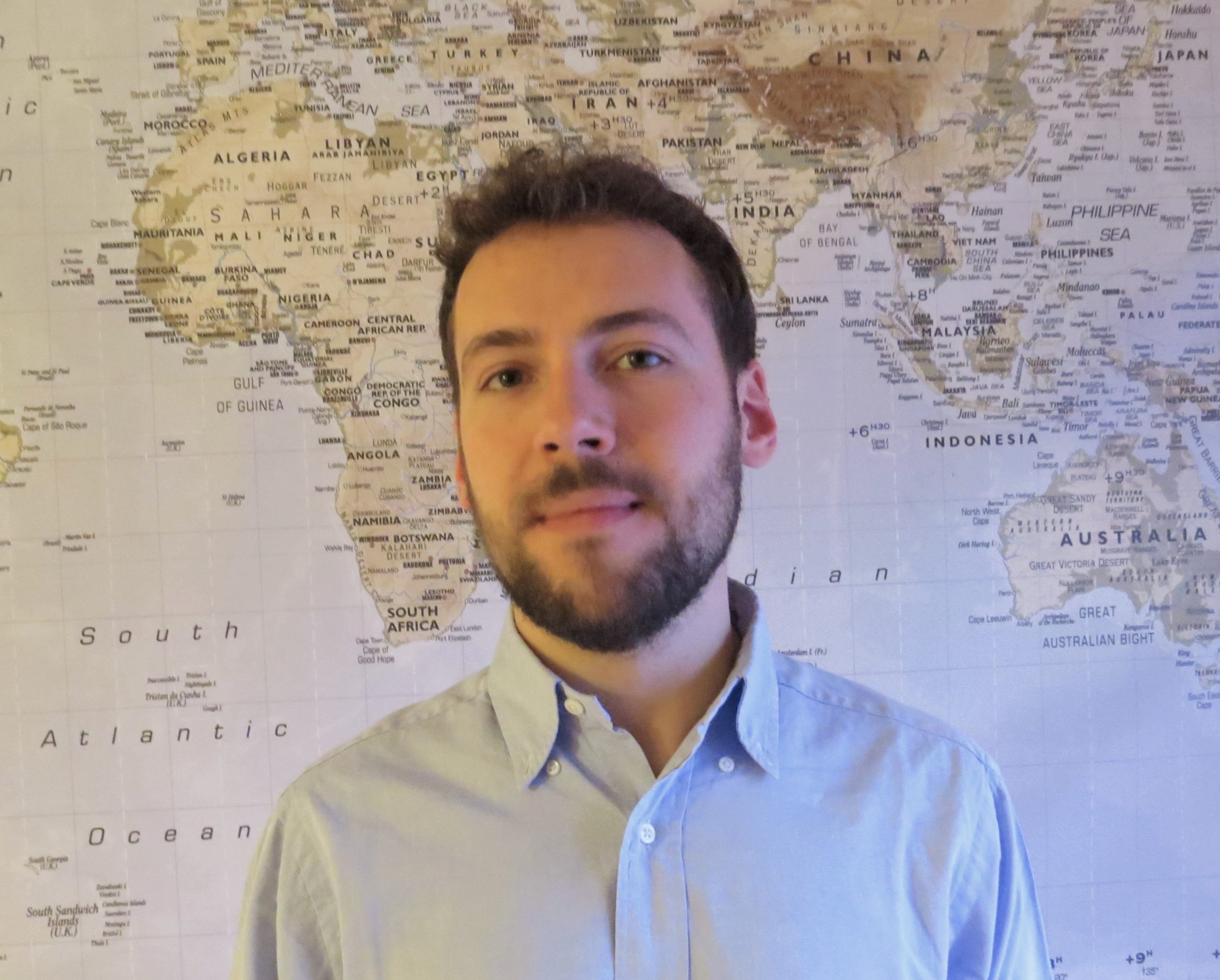Mapping the anti-migrant protests in Serbia, Croatia and Bosnia and Herzegovina through their online media coverage (2015-present)
“The ‘migrant crisis’ in Europe in 2015 and beyond has resulted in an abundance of pro- and anti-migration discourses and practices. The continuous arrival and transit of migrants has been accompanied by rising anti-migration sentiments and reactions. This presentation will focus on the organized anti-migrant protests in three transit countries along the Western Balkan migration route: Serbia, Croatia, and Bosnia and Herzegovina (hereafter BH), in the period between 2015 and present. The aim is to first map and consequently explain the anti-migrant protests that have been organized across the territory of these three countries starting from the so-called migrant crisis and into the present, through the lens of their online coverage. Protests are one of the most visible practices used to express rejection of any social phenomenon, also a practice that tends to attract media attention. Online news media are among the most prominent environments relevant to the reproduction of cultures of rejection and cultures of acceptance alike. This is why, in addition to mapping the protests so far organized, this research will seek to explain how these protests are framed in the online news media, and what experiences and discourses fuel the negative reactions to migrants and migration. Serbia and Croatia are two of the Western Balkan countries that have been prominently featured as transit countries along the Balkan route during the ‘crisis’ in 2015 and 2016. In addition, it is important to include BH in the proposed case study, a currently highly relevant transit country. In the first years of the ‘crisis’ BH was not widely seen as one of the desirable stops along the route for most migrants. However, in 2018, due to the constant redirection of migrants arriving to the Balkans, BH experienced the unprecedented scale of migrant movement through its territory, people attempting to cross to Croatia and further. This resulted in recent widespread media coverage of the migrants’ movement and treatment in this country as well. This presentation will theoretically be framed through the notion of interdiscursivity, seen as the key to understanding how discursive change is related to social change. The interdiscursive context of a text refers to recontextualization of other texts and discourses (Fairclough 1992; Wodak & Fairclough 2010). Digital ethnography is the method I will employ to collect material, while the analyzes of the material will be informed by Multimodal Critical Discourse Analyses or MCDA, most specifically as outlined by Kress and Leuven (2001).”
Dragana Kovačević Bielicki is a migration researcher with background in social anthropology and philosophy. She received a PhD in Migration, Nationalism and Culture Studies in 2016 from the University of Oslo. In addition, she holds degrees from Central European University (MA, Nationalism Studies) and the University of Belgrade (BA, Philosophy). A monograph based on her doctoral research was published in 2017 with the title Born in Yugoslavia – Raised in Norway: Former Child Refugees and Belonging (Oslo, Novus Press, 2017). She is a returning lecturer in Peace and Conflict Studies at the International Summer School, University of Oslo.
The seminar in dialogue with the UNIRI CAS SEE Fellows was held via Skype on December 5, 2019 at the University Campus in Rijeka.




